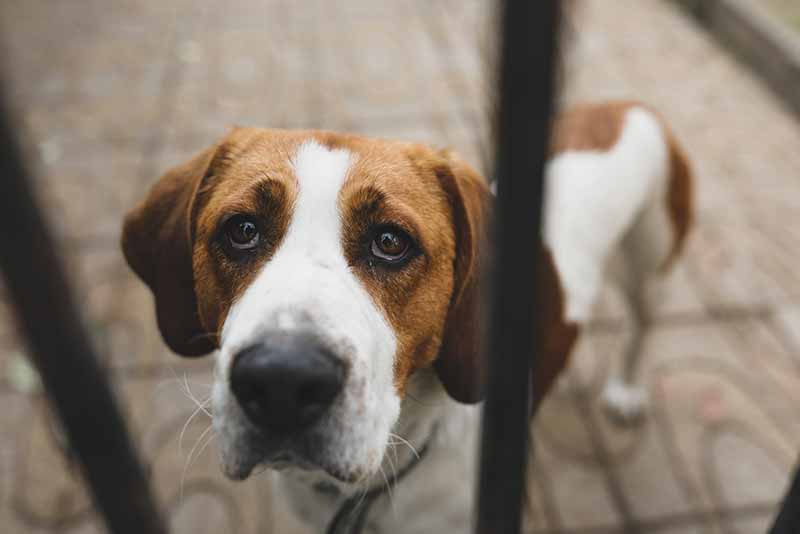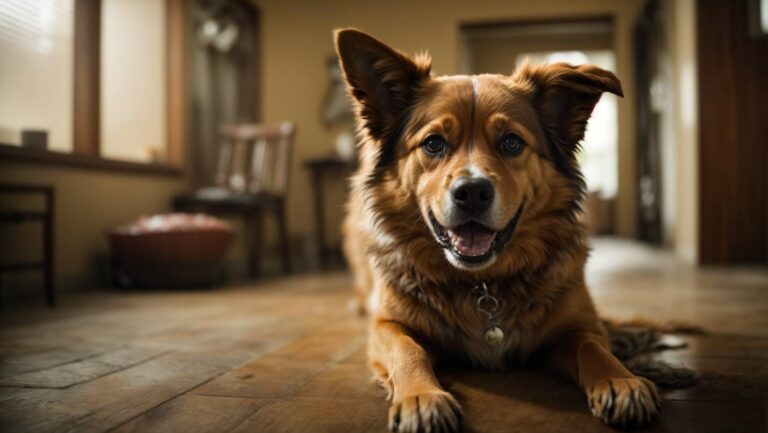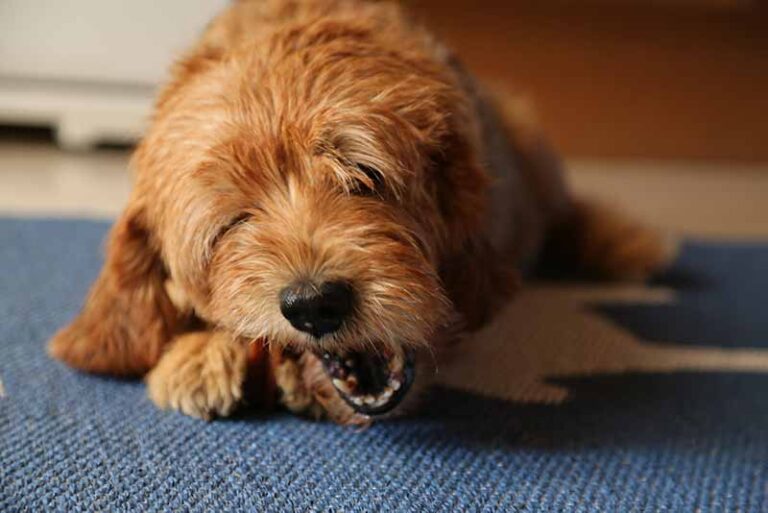Why Is My Dog Limping Back Leg After Sleeping? Explained
Dogs are fun-loving creatures. They love running around doing naughty things. Imagine how these fun-oriented dogs will feel if their legs stop functioning properly. It would cause him physical pain and affect his mentality too.
So, why is your dog limping back leg after sleeping? If a dog is limping, whether or not he looks in pain, it essentially hints that your dog is in pain. Once finish reading this post you will findout answers for all the questions relating to a dog limps back leg after sleeping.
It’s one of the frequent questions many dog owners forward to us. So, we have discussed it in detail throughout this post. Let’s get started!
Why is your dog limping back leg after sleeping?
Let us give you a scenario that you might even have noticed before. Have you ever seen your dog limping or walking funnily for a few steps right after waking up from a nap? He might not do it often, but sometimes, you can see the dog limping back leg after sleeping.
So what gives? There are many reasons why the dog is limping its back limbs after napping. Let’s explore more.
One of the common causes for this is that your doggo fell asleep in a bad posture, which caused the leg to go numb. It’s called a sleeping leg.
Other than that, joint injuries, tissue injuries, hairline fractures, infections, and tumors could cause a dog to limp its leg.
If the dog is only rarely limping after a nap, it’s safe to decide that it’s just a numbed leg bothering the doggo.
But, keep in mind, if your pet continuously limps after every sleep or even on other occasions, you better seek medical attention as soon as possible.
Can dog’s legs fall asleep and cause limping?
We all have experienced that uncomfortable feeling where we cannot move or control our legs or arms after a heavy sleep.
It often happens if we sleep in the same posture, giving weight to a body part for a long time. It will disturb blood flow and prevent nerves from functioning properly if you do.
Moreover, you will experience a sudden alien feeling in your arms or legs. But after a few moments, that feeling will pass away, permitting the affected body part to function properly as usual.
Our dogs get the same thing if they accidentally fall asleep in the wrong posture. But just like in humans, the numbing feeling would pass away after a few seconds.
But, dogs that get spooked by this sudden alien feeling will act abnormally. They will limp for a few steps or, if they are very sensitive, can cry out for help too.
Even though the legs falling asleep is normal for everyone, make sure your doggo has not gotten into a habit of sleeping in a bad posture.
If he does and keeps sleeping the wrong way, the pressure acting on nerves and blood vessels could cause more serious problems to his leg and brain.
But we must advise you. Do not think your dog is limping solely due to a numbed leg. As we mentioned earlier, there are many other causes for a dog limping back leg after sleeping.
Bone cancer, hip dysplasia, a cut on his sole, an injury, and arthritis are more common causes of a dog’s limp. Let’s explore them in detail in the next section.
Other reasons for a dog to limp back leg after sleeping
As we discussed earlier, dogs are very fun-loving and fun-oriented animals. They love running, jumping, climbing, and playing different games with you.
Therefore, the legs are the most important part of their whole body. Even though we parent our pet dogs for most of their lives, we cannot even imagine how painful it might be for them to have a non-functioning limb. After all, they love running around and exploring everything around.
So, what are the other reasons that cause a dog limping back leg after sleeping? We discussed previously, too, that you shouldn’t discard the fact that your dog is limping occasionally or more often. Followings are some common causes for dogs limping back legs after sleeping.
- Arthritis
If your dog looks stiff in their legs after sleeping or sitting, there’s a chance that it could be arthritis.
It becomes more of a possibility if he has had previous leg injuries or has reached old age. If so, right after they start moving, their joints may be stiff but will warm up pretty quickly, and your dog will walk more confidently as usual.
Many people jumble up arthritis with a leg falling asleep because both have similar signs. Even though a veterinarian can quickly identify the problem, you should keep a close eye on your pet for any signs indicating a worsening situation.
After all, you don’t need your dog to be in constant pain or lose its entire ability to move.
- Bone cancer/ Osteosarcoma
Bone cancers can be very painful. Often you will notice unnatural swelling in the doggo’s leg or lameness. Due to the pain, a dog limping the back leg after sleeping is very common.
If you ever suspect your dog of being with bone cancer, a check-up with your veterinarian right away.
- Hip Dysplasia
This is a genetic problem that worsens with time. If a dog is with hip dysplasia, his hip socket is not properly developed so that it works properly; limping, lameness, pain, and arthritis may soon follow.
Thereby early identification of the problem is necessary to minimize the damage caused by the disease.
Other than these problems, check your dog’s legs thoroughly to check for any abnormality that can cause the dog’s limping back leg after sleeping. Contact the doctor immediately if you’re skeptical that your pet is ill with a disease.
To minimize these problems from affecting your doggie, you must be cautious since he’s young. A proper diet with high nutrients, an essential workout routine, and scheduled trips to the vet will help keep these from causing pain to your buddy.
After all, it is better to be on the safer side than to be sorry after your dog gets the disease.
Thank you for reading this post. Stay tuned with Jack Russell Owner for more interesting posts. Have a nice day!








![Can Dogs Get Cavities? Yes [What To Do & Cost To Fix]](https://jackrussellowner.com/wp-content/uploads/2023/11/Can-Dogs-Get-Cavities-Yes-What-To-Do-Cost-To-Fix-768x575.jpg)